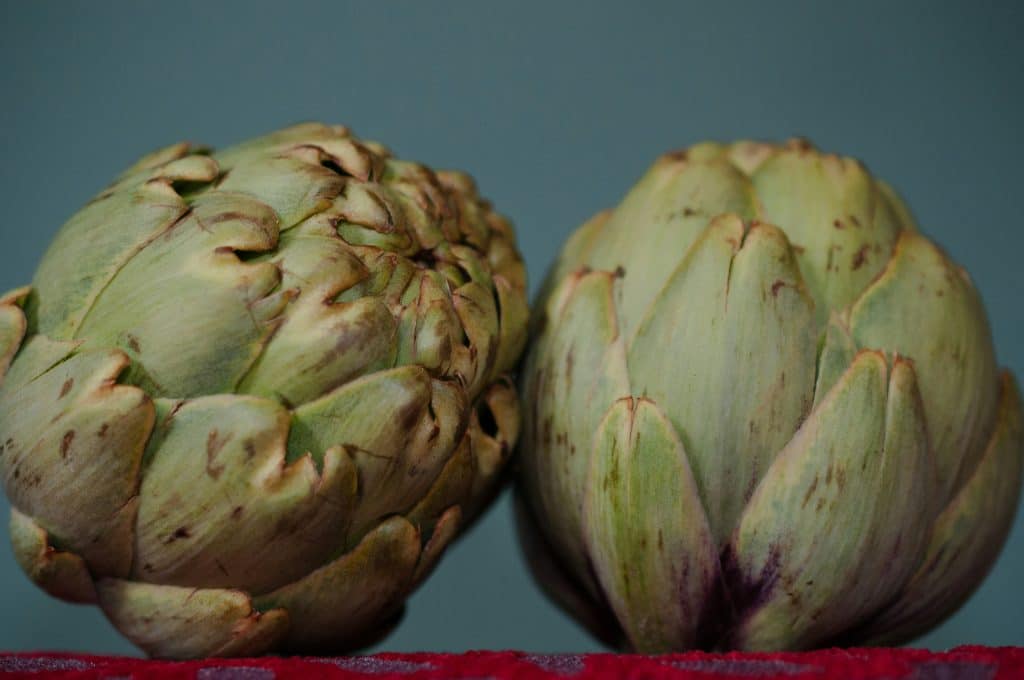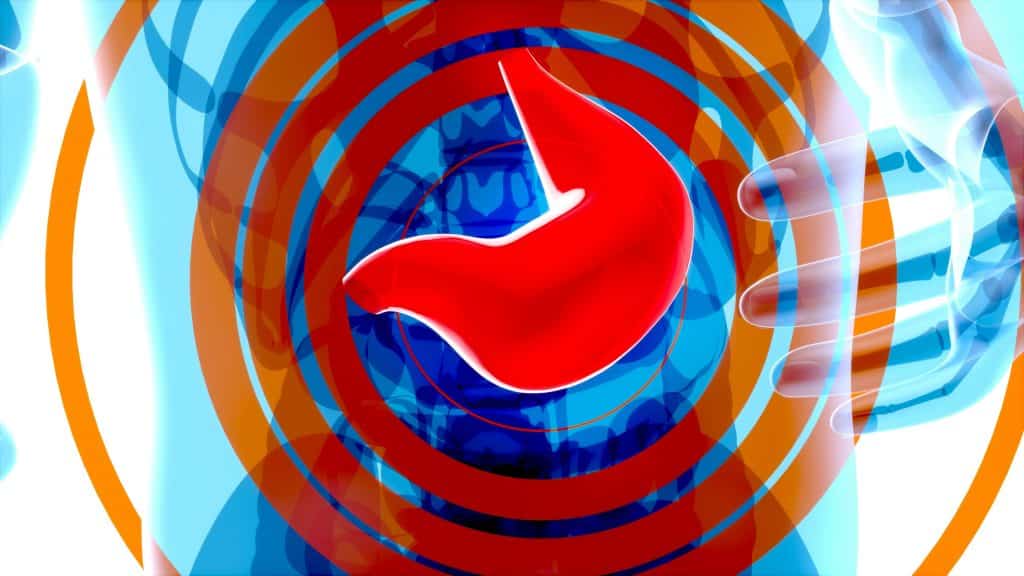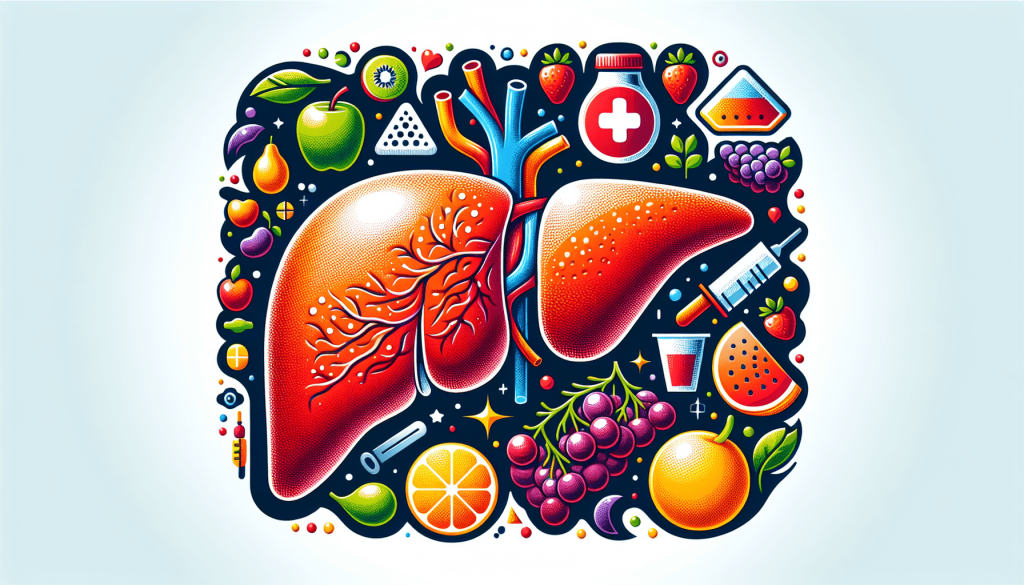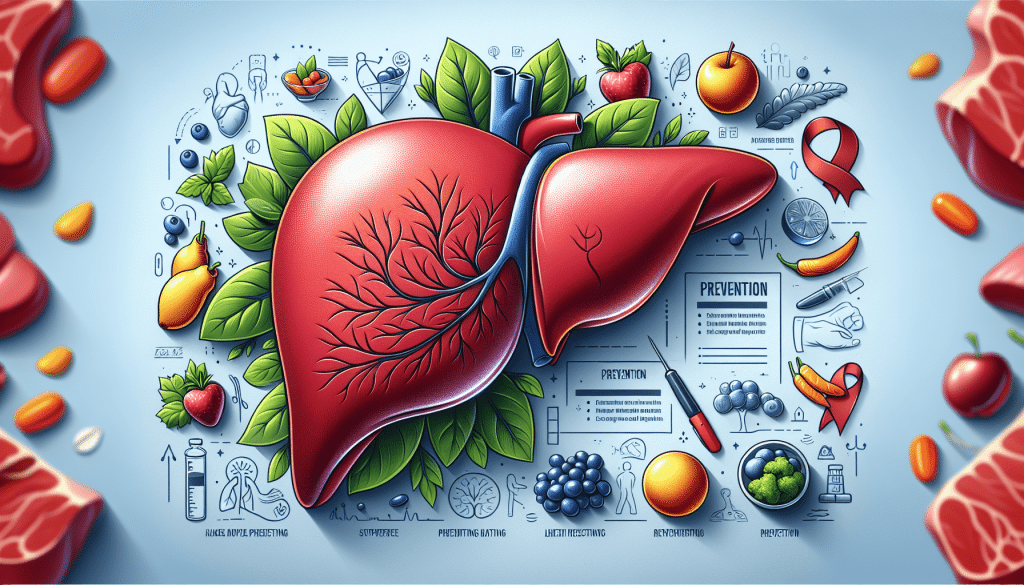Hey there! Did you know that your liver plays a crucial role in keeping your body healthy? It helps in digestion, filtering out toxins, and processing nutrients. However, sometimes our liver can become enlarged, causing discomfort and potentially leading to serious health issues. In this article, we’ll explore some simple yet effective ways to prevent an enlarged liver, allowing you to maintain a healthy and happy liver for years to come. So, let’s jump right in and give your liver the love it deserves!

Maintain a Healthy Weight
Maintaining a healthy weight is essential for your overall well-being and can help prevent a wide range of health problems, including an enlarged liver. To maintain a healthy weight, it’s crucial to focus on a balanced diet, regular physical activity, and avoiding excessive alcohol consumption.
Maintain a Balanced Diet
Eating a balanced diet is key to maintaining a healthy weight. It is important to ensure that your meals are nutritionally balanced and include a variety of food groups. A balanced diet should consist of fruits, vegetables, whole grains, lean proteins, and healthy fats.
Engage in Regular Physical Activity
Regular physical activity is not only beneficial for weight management but also for promoting overall health. It helps burn calories, strengthens muscles, boosts metabolism, and improves cardiovascular health. Aim for at least 150 minutes of moderate-intensity aerobic activity or 75 minutes of vigorous-intensity aerobic activity each week.
Avoid Excessive Alcohol Consumption
Alcohol consumption, especially in excess, can lead to liver damage and potentially contribute to an enlarged liver. It is important to limit alcohol intake and avoid chronic and excessive alcohol consumption. In moderation, alcohol can be enjoyed but always remember to drink responsibly and be aware of the potential risks to your liver health.
Eat a Balanced Diet
Maintaining a balanced diet goes hand in hand with maintaining a healthy weight. A balanced diet provides your body with the necessary nutrients to function properly and helps prevent the development of various health conditions, including liver problems.
Include Fruits and Vegetables
Fruits and vegetables are rich in vitamins, minerals, and antioxidants that are crucial for maintaining optimal liver health. Aim to include a colorful variety of fruits and vegetables in your daily diet. These can be enjoyed fresh, frozen, or even in the form of juices or smoothies.
Choose Lean Proteins
Incorporating lean proteins into your diet is essential for liver health. Opt for sources such as fish, poultry, legumes, and tofu. These protein sources are lower in saturated fats and provide essential amino acids needed for various bodily functions.
Limit Processed and Fried Foods
Processed and fried foods often contain high levels of unhealthy fats, added sugars, and sodium, which can be detrimental to liver health. It’s important to limit your consumption of processed and fried foods and instead focus on whole, unprocessed foods. Opt for cooking methods such as baking, grilling, or steaming to minimize the use of unhealthy fats.
Stay Hydrated
Staying hydrated is essential for maintaining good overall health, including liver health. Proper hydration helps flush out toxins from the body, including the liver, and supports its optimal function.
Drink an Adequate Amount of Water
Water is the best choice when it comes to hydration. It is calorie-free, helps regulate body temperature, aids digestion, and promotes the elimination of waste products. Aim to drink at least 8 cups (64 ounces) of water per day, or more if you are physically active or live in a hot climate.
Avoid Sugary Drinks and Excessive Caffeine
Highly sugary drinks, such as soda and fruit juices, can contribute to weight gain and put stress on the liver. Excessive caffeine consumption, especially from energy drinks or coffee, can also put a strain on the liver. It is best to limit your intake of these beverages and opt for water, herbal teas, or unsweetened drinks instead.
Limit Alcohol Consumption
Excessive and chronic alcohol consumption can have a severe impact on liver health and increase the risk of developing an enlarged liver. Limiting alcohol intake is essential for maintaining liver health and preventing liver damage.
Moderate Alcohol Intake
If you choose to consume alcohol, it is important to do so in moderation. Moderate alcohol intake is generally defined as up to one drink per day for women and up to two drinks per day for men. It is crucial to be aware of the recommended limits and avoid regularly exceeding them.
Avoid Excessive and Chronic Alcohol Consumption
Excessive and chronic alcohol consumption can lead to a condition called alcoholic liver disease, which can cause inflammation, scarring, and enlargement of the liver. To prevent liver damage, it is important to avoid excessive drinking and seek help if you are struggling with alcohol addiction.

Manage Chronic Conditions
Chronic conditions such as diabetes and high blood pressure can significantly impact liver health. Proper management of these conditions is crucial to prevent complications and the enlargement of the liver.
Control Diabetes and High Blood Pressure
Diabetes and high blood pressure can both contribute to liver damage and the development of an enlarged liver. It is important to work closely with your healthcare provider to keep these conditions under control through proper medication, regular monitoring, and lifestyle modifications.
Follow Prescribed Medications and Treatments
If you have been prescribed medications or treatments for any chronic condition, it is essential to follow them as directed by your healthcare provider. Consistently taking prescribed medications and following treatment plans can help manage your condition and reduce the risk of complications, including liver-related issues.
Get Regular Check-ups
Routine check-ups with your healthcare provider are important for identifying any potential liver-related issues early on. Regular screenings and blood tests can help monitor liver health, allowing for timely intervention if needed. Make sure to attend all scheduled appointments and discuss any concerns or symptoms with your healthcare provider.
Avoid Exposure to Toxins
Exposure to certain toxins in the environment can contribute to liver damage and the development of liver diseases. Taking appropriate measures to limit exposure to toxins is crucial for maintaining a healthy liver.
Limit Exposure to Toxins in the Environment
Be mindful of potential environmental toxins and take steps to limit your exposure. This may include avoiding contact with harmful chemicals, using household and personal care products that are free from toxic substances, and ensuring proper ventilation in indoor spaces.
Use Protective Measures in Workplaces with Potential Toxins
If you work in an environment where you may be exposed to toxins, such as chemicals or airborne pollutants, it is important to follow safety protocols and use appropriate protective measures. This may include wearing personal protective equipment, such as gloves, masks, or respiratory protection, as recommended by your workplace guidelines.

Practice Safe Sexual Behavior
Engaging in safe sexual behavior is not only important for preventing sexually transmitted infections (STIs) but also for protecting your liver health.
Use Protection During Sexual Activity
Using barrier methods, such as condoms, during sexual activity can significantly reduce the risk of transmitting STIs, including hepatitis B and C, which can cause liver damage. Make sure to use protection consistently and correctly to minimize the risk of infection.
Get Tested for Sexually Transmitted Infections Regularly
Regular STI testing is crucial for detecting and treating infections early, preventing further complications, including liver-related issues. If you are sexually active, it is recommended to undergo regular STI screenings as recommended by your healthcare provider.
Quit Smoking
Smoking is extremely harmful to liver health and can contribute to the development of liver diseases. Quitting smoking is one of the best things you can do for your overall health, including the health of your liver.
Seek Support and Resources to Quit Smoking
Quitting smoking can be challenging, but there are many resources and support available to help you succeed. Consider reaching out to your healthcare provider, seeking counseling services, or joining smoking cessation programs in your community. Remember, it’s never too late to quit, and every effort to quit smoking is a step towards improving your liver health.
Avoid Second-hand Smoke Exposure
Even if you do not smoke, exposure to second-hand smoke can still be harmful to your liver health. Avoid spending time in environments where smoking is prevalent and seek smoke-free spaces whenever possible to minimize exposure.

Manage Stress Levels
Chronic stress can have detrimental effects on overall health, including liver health. Managing stress levels and finding healthy ways to cope with stress is essential for maintaining optimal liver function.
Practice Stress-Reducing Techniques such as Meditation or Exercise
Engaging in stress-reducing activities such as meditation, deep breathing exercises, yoga, or regular physical exercise can significantly help manage stress levels. Find activities that bring you joy and relaxation, and make them a part of your daily routine to promote overall well-being, including liver health.
Seek Professional Help if Necessary
If you find it difficult to manage stress on your own, do not hesitate to seek professional help. Mental health professionals, such as therapists or counselors, can provide guidance, support, and effective coping strategies to help you navigate and reduce stress in your life.
Follow Proper Medication Usage
Using medications responsibly and as prescribed is essential for maintaining liver health and preventing complications associated with an enlarged liver.
Take Prescribed Medications as Directed
Always take medications exactly as prescribed by your healthcare provider. Follow the recommended dosage, frequency, and duration of the medication. If you have any questions or concerns about your medications, reach out to your healthcare provider for clarification.
Avoid Self-Medication Without Medical Advice
Self-medication can be risky and potentially harmful, especially when it comes to liver health. Avoid taking medications, supplements, or herbal remedies without proper medical advice. Certain medications and substances may interact negatively with your liver or existing health conditions, so it’s important to consult with your healthcare provider before making any changes to your medication regimen.
In conclusion, maintaining a healthy weight, eating a balanced diet, staying hydrated, limiting alcohol consumption, managing chronic conditions, avoiding exposure to toxins, practicing safe sexual behavior, quitting smoking, managing stress levels, and following proper medication usage are all essential steps in preventing an enlarged liver. By adopting these healthy habits, you can take control of your liver health and reduce the risk of developing liver-related complications. Remember, it’s never too late to prioritize your health, so start making positive changes today!
